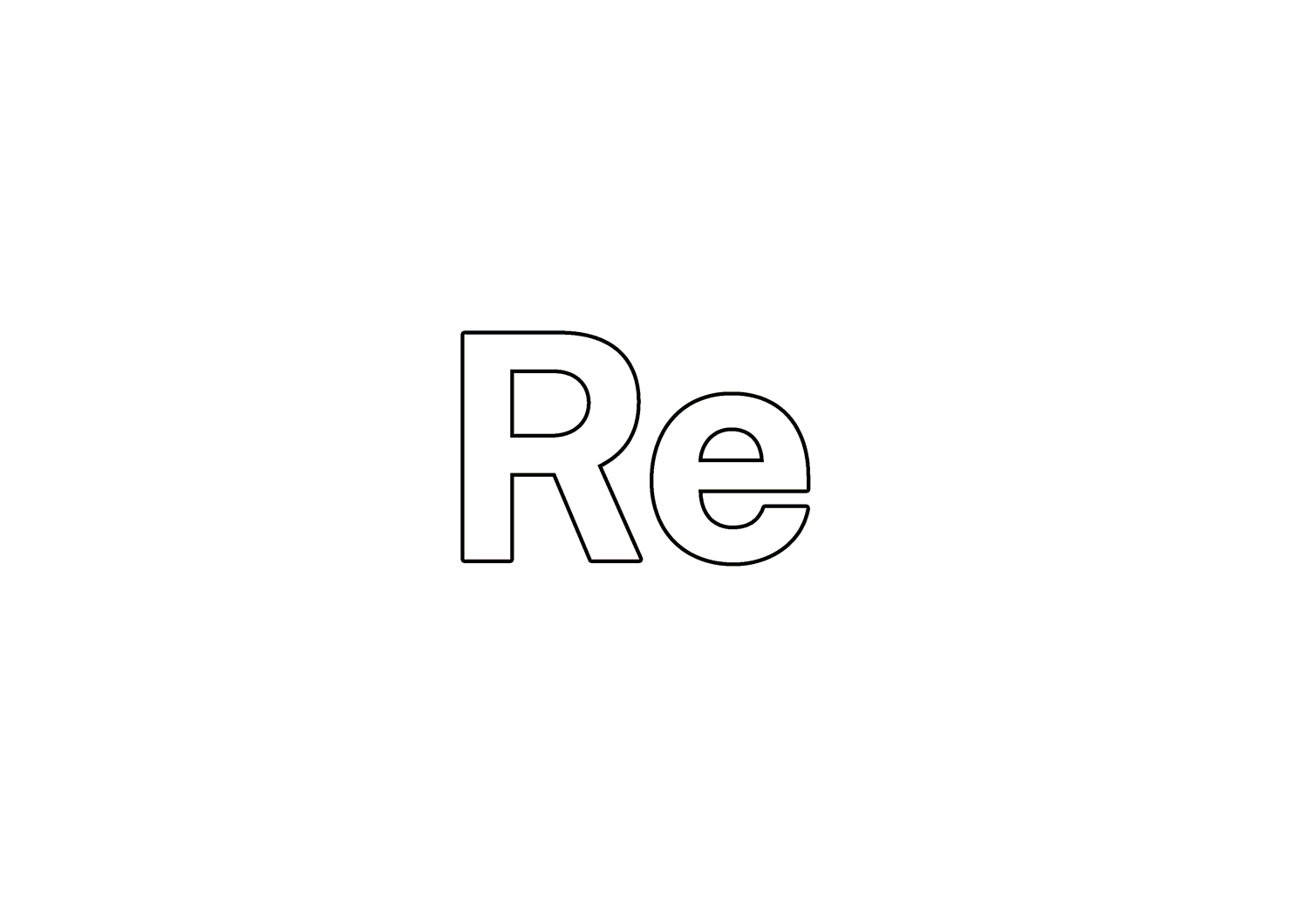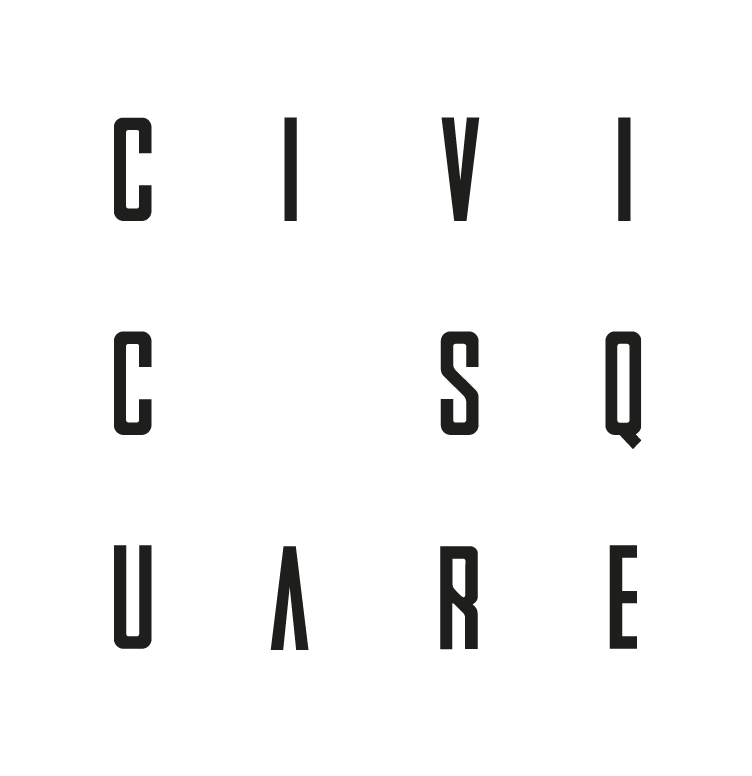
As we navigate beyond the initial emergency phase of COVID-19, so many things are true.
The work and labour carried out in this time will be pushing people on the front lines, some more visible and celebrated than others, to their limits. In the aftermath of a decade of austerity and conflicted national government approaches, people at every turn are needing to go the extra mile for one another. Communities across the country may in many ways be more bonded than ever through working hard to establish and coordinate mutual aid processes. Households are being destroyed economically and many are cramped in dangerous unsafe circumstances, where the lack of access to the usual support will have decimated their everyday lives.
Many freelancers and small businesses are navigating the confusing myriad of support processes, and the spaces between them, with those in the backgrounds of government desperately trying to add detail to the large scale interventions that have been announced. Those sitting on the end of phones in banks and support centres are trying to administer these policies with no clarity on how they will respond, getting the brunt end of everyone’s fear, confusion and stress. There are scenarios where the furlough system hasn’t worked, and many are carrying out multiple full time jobs, for employers, for the community, with care; those who are scrambling for help, to stay afloat and drifting from their core purpose to survive and respond to the crisis around them, putting their work back years.
For decades many have been living in crisis, and so this is crisis upon crisis. Ubele cite that 9 out of 10 micro and small organisations led by People of Colour are set to close if the crisis extends into June. In a recent piece on Them Ones There, Amahra Spence contextualises that the structures of injustice that are leading to disproportionate harm or loss of life must not be ignored, quoting Dr Brandi T. Summers’ suggestion that the Black experience could be viewed as “a kind of never-ending quarantine”. How do we all come out of crisis, and what is the emergency response that acknowledges the long-term negligence deeply entrenched in complex systems of historic and present day injustice? The mental health fall out and trauma that will need such vital support for so many is hard to even begin to imagine at this stage, but at present those already receiving or seeking support, alongside disabled, chronically ill and neurodiverse people watch on as institutions speedily find resource for and implement the type of access they’ve needed, only now that able-bodied, neurotypical people require it, often whilst facing additional lockdown measures, deepening isolation, and feeling invisible.
Yet, as individuals we will be blamed for the spread. We will be divided by the patchwork approach to support that races us all to the bottom, of who is worst off, whilst those who have benefited from the status quo for many decades will continue to do so. There is a chance we will snap back to business as usual for a while, and recovery for some will be a desperate need to return to normal, even if it wasn’t radical or perfect, as well as those who fight tooth and nail for things never to go back to how they were. We know that normal was broken. Normal was already a crisis. Normal was leaving the same people vulnerable constantly and normal was not prepared, and is not prepared, for the multiple, interdependent, existential crises that lie ahead. Yet a new normal for many of us looks like more pain, loss and suffering, making it hard to not yearn for one more ‘normal’ day together, to cherish what is now gone; to just be okay-ish again, because this new normal may seem so much worse.
Interlinked within all of the pain and paradoxes, all of our different versions of what we thought normal life was reconfiguring or coming to a complete halt heralds a time to see more things more clearly, to realise what matters to us, think about how the economy works and our relationship to our environment(s). The global coronavirus lockdown has caused global emissions to drop by 17%, meaning daily world carbon emissions haven’t been this low since 2006. The pandemic can be considered a periscope into the many climate-related crises that lie ahead for us, and how much world leaders consider climate change when planning their economic responses post COVID-19 is set to influence the global CO2 emissions paths for decades to come.
The pandemic brings real world, real economy experience of systems and their interdependence into practice that we can all see and feel. We are seeing unbelievable amounts of organising, communities coming together to support each other, and a collective recognition of what key crisis work looks like. This is a shared experience and tangible example of common goods, interdependence, systems thinking in action and what it means for our families and our neighbourhoods and together we must build on this. This is something we have been exploring at a neighbourhood level through The Front Room during this time, exchanging examples of action and hope with local people through the earliest version of a place to come together, organise and grow resilience in Birmingham, our home city.
It will be true that we will need to react, rescue and provide relief for one another, as well as make and take space for rest, recovery, and repair. There will be a desire for retreat, recuperation, opportunity for reflection, and a role for reorganising, repurposing and redesign. We will need to fight for a reframing, reimagination of bold futures, and a resistance against injustice and damaging practices of all kinds. We must fiercely remember those who are no longer with us, and rebuild our homes, our communities and our hearts. We must respect the wisdom of those who came before us, and take responsibility for our own role as ancestors to future generations.
For all of us, our responses, emotions and phases of being, processing and doing will come at different times, in different ways, and will shift, change, swell and shrink across months, weeks, days, even minutes, but all of these multiple dimensions in ourselves, and across all shared paradigms, are true. There will be millions of nuanced yet connected realities. There will be patterns of experience, but no two will be precisely the same, so no one definition, story or kind of support will be more relevant, nor matter more, than another, even though we will continuously be manipulated and divided into believing that. Many will tell us that there is one ideology of solution, only one way or one route to the future, or that coronavirus didn’t discriminate, yet we know this to be falsely reductionist. Many will feel useless, as if their contribution perhaps no longer matters, when it matters more than ever.
We believe there is real hope for a brighter collective future, but it can’t be decided by a few people through a few frames. Department of Dreams deeply recognises the role of catalysing public and community dreaming, imagination and foresight, as well as personal and collective reflection, processing and loss. Working with visionary doers, thinkers, artists and designers, the purpose of the Department is to forge bold new regenerative futures that weave together the dreams of many. This is through four interconnected elements of work now, soon and across the next decade as part of CIVIC SQUARE’s Neighbourhood Economics Lab.
Through an online festival of activity, creative commissions, open call, working cohort, and site-specific projects, Department of Dreams will be opening up Re_ throughout June for many people to share, participate and put to use in their places. For more information and to connect, visit civicsquare.cc/2020/05/27/department-of-dreams.
